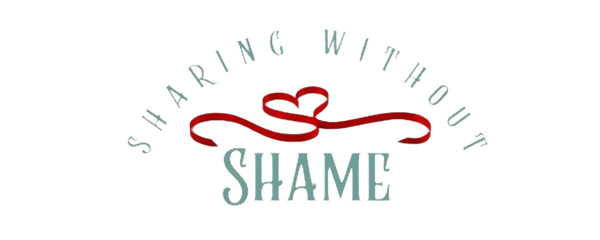Uncovering the Truth of Why People Self-Medicate
By: Donna Marston
Addiction is a tough subject, especially when it hits close to home. Sometimes, life’s struggles push us to find our purpose in unexpected ways, and for me, that purpose became clear through my personal journey with addiction in my family. As a parent who’s been through the ups and downs of watching a loved one struggle, I’ve learned a lot. While I’m not a professional in the field, I’ve walked alongside addiction and discovered a passion for helping other families navigate its confusing and emotional impact. It’s easy to focus on the substances - alcohol, prescription drugs, or street drugs, but addiction is often about so much more. It’s about looking beyond the surface and understanding what’s really behind the behavior. That’s where true healing begins.
“Addiction is not a choice; it is a response to emotional pain.” Gabor Maté - renowned author and addiction expert
Prescription drugs, street drugs, and alcohol are often seen as the main problem in addiction, but they’re really just a symptom of something deeper. People who are struggling with addiction usually use these substances as a way to cover up emotional pain, like putting a band-aid on a wound. This pain often comes from things like trauma, unresolved issues, or emotional distress. When someone turns to drugs or alcohol, it’s not just because they want the high, it’s because they’re trying to escape or numb feelings they don’t know how to manage.
Understanding why people turn to drugs or alcohol requires compassion. Many people use substances to escape emotional pain, like childhood trauma, anxiety, or grief, because dealing with these feelings seems too hard. Drugs and alcohol may help them feel better for a short time by blocking the pain, but this can create a harmful cycle that makes things worse. When we realize that addiction often starts because someone is trying to cope with deep struggles, we can offer better support to those who are suffering.
“The greatest healing therapy is friendship and love.” Hubert H. Humphrey - American politician and statesperson
Some people turn to drugs or alcohol to deal with emotional pain. As that pain grows, they start relying more on the substance. What might begin as a way to cope can quickly turn into addiction, leaving them feeling isolated and stuck in a cycle that's hard to break.
Experts would likely tell you that no amount of drugs or alcohol can fix peoples emotional pain, they only hide it for a short time, it’s like putting a bandage on a wound that needs much deeper care. Real healing starts when a person struggling with addiction finds the strength to look beyond these temporary fixes and confront the pain they carry inside. This takes more than just detox or rehabilitation; it involves emotional and mental healing, learning healthier ways to deal with challenges, and finding the support needed to manage tough feelings in a healthier way
In order to heal, we need to understand that addiction is a symptom of something deeper. When we address the “why” behind addiction, whether it’s past trauma, unresolved grief, or deep-seated anxiety, we give individuals a chance to truly heal and reclaim their lives. The journey may be challenging, but it’s only through healing the underlying emotional wounds that long-term recovery can truly begin.
May Your Faith and Strength Heal Your Heart!
